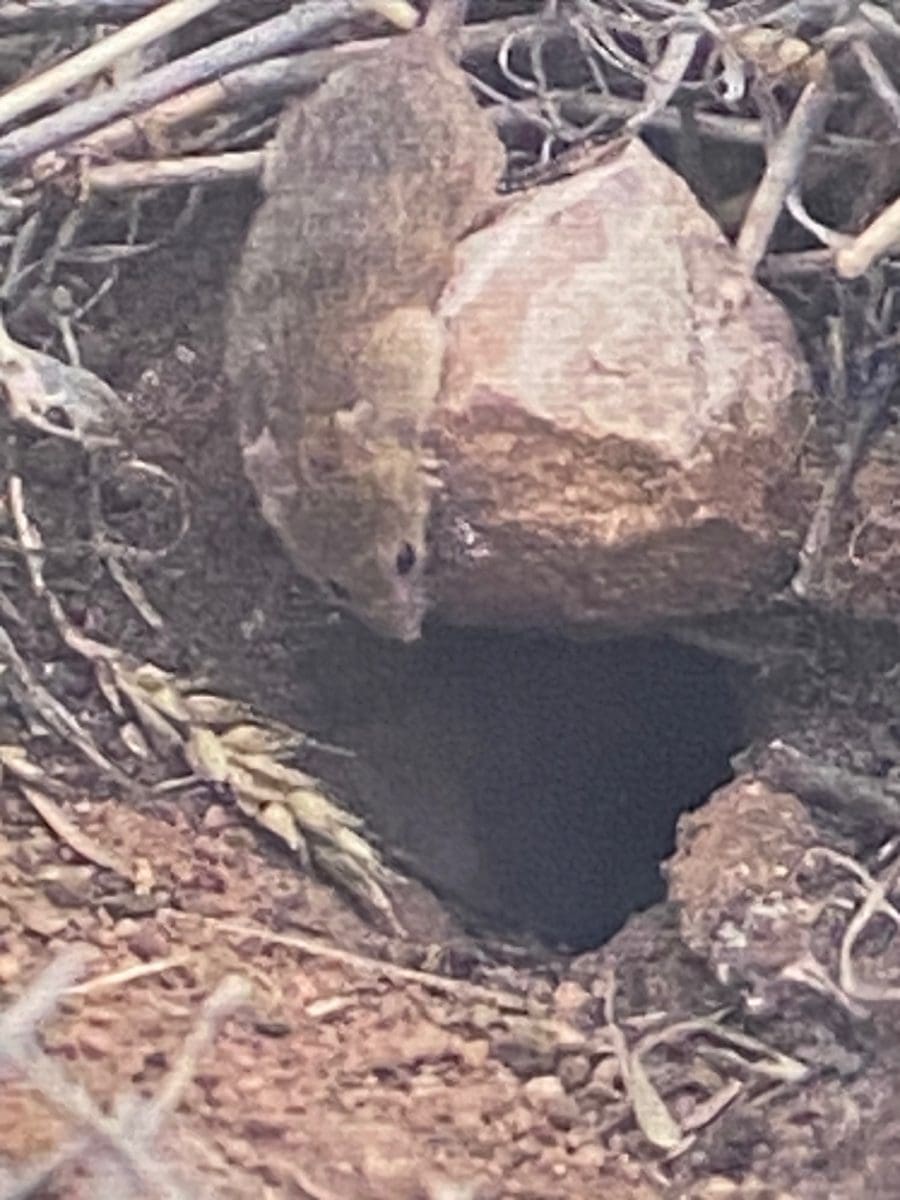THE Australian Pesticides and Veterinary Medicines Authority (APVMA) has announced its intention to refuse the application by the New South Wales Department of Primary Industries (NSW DPI) for an emergency permit for the use of the powerful poison, bromadiolone, to control mice on farms.
The NSW Government had applied to the APVMA for an emergency-use permit to use unregistered bromadiolone-treated grain in perimeter baiting.
 APVMA chief executive officer, Lisa Croft, said the APVMA was not satisfied the proposed use of bromadiolone around the perimeter of crops met the statutory criteria for safety, specifically in relation to residues and the environment.
APVMA chief executive officer, Lisa Croft, said the APVMA was not satisfied the proposed use of bromadiolone around the perimeter of crops met the statutory criteria for safety, specifically in relation to residues and the environment.
“Before the APVMA is able to approve any application, we must be certain that it is safe, that it will work, and that it will not prevent our farmers from selling their produce overseas,” Ms Croft said.
“The APVMA’s primary concern is environmental safety, particularly in relation to animals that eat mice.
“Although the APVMA intends to refuse this particular application, we have approved six other emergency permit applications to give farmers extra mice control options.”
Ms Croft said the APVMA would continue to prioritise emergency use permit applications in relation to the mouse plague.
NSW DPI has 28 days to respond to the proposed decision to refuse the permit application. The APVMA will consider any information supplied by NSW DPI within this period before making its final decision.
Grain producer support
Grain Producers Australia (GPA) chair, Andrew Weidemann, has welcomed the APVMA decision, saying it was based on common sense and science.
He said GPA had, instead, advocated for resourcing to be allocated to better-support farmers with access to a more ecologically sound solution, provided via the emergency use permit recently issued to GPA which doubles the potency of current zinc phosphide in mouse bait registrations.
Mr Weidemann said the NSW Government’s announcement that resources would now be redeployed to provide other key support measures to growers – including giving farmers rebates of 50 per cent on zinc phosphide mouse bait purchases, to a maximum of $10,000 – was the right way forward.
“We called for a scientifically sound, independent assessment of the efficacy of this emergency use permit, to protect our industry’s long-term interests, and this outcome has now been delivered by the APVMA and is the right result which we support,” Mr Weidemann said.
“The use of bromadiolone carried real risks to the reputation, profitability and sustainability of all Australian grain producers, not just those in NSW, who contribute between $9 billion and $12 billion to the national economy each year, and we are relieved the right ruling was made.”
He said GPA would continue working with the NSW Government and manufacturers to help secure supplies of zinc phosphide in time for spring, which included providing $5 million from the support package to assist with the costs of transporting zinc phosphide active to Australia.
“GPA has worked with NSWFarmers and the NSW Government and other stakeholders to ensure timely, safe, practical solutions are delivered and we will continue to do so in the best interests of grain growers and industry,” he said.
“Our focus is to ensure growers throughout Australia have the right tools to help fight mouse plagues and protect their crops now and into the future because this issue hasn’t been solved overnight and more work is needed.
“Leading into spring, growers are being advised by experts to remain vigilant, check their crops for damage, and be prepared to bait; preferably with double dose zinc phosphide.”
Sources: AVPMA, GPA

HAVE YOUR SAY